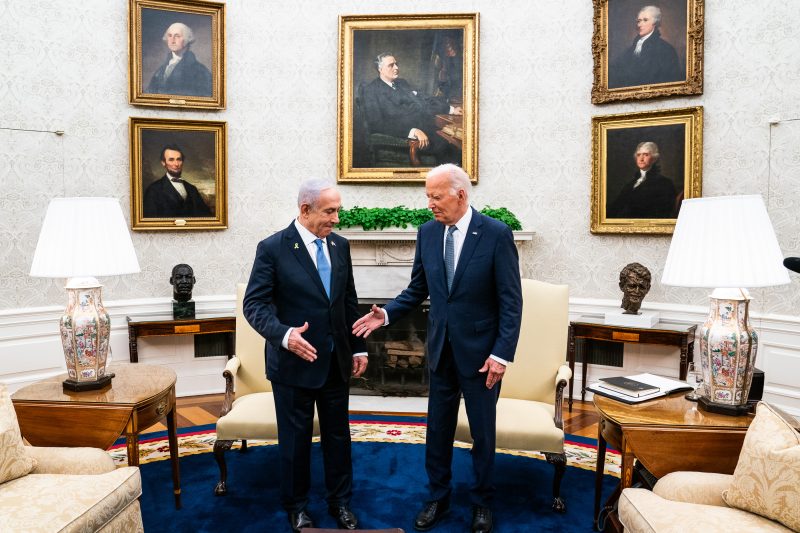In a recent visit to the United States, Prime Minister Benjamin Netanyahu failed to present a workable plan for peace, according to critics. The visit, which stirred controversy and raised questions about the future of Israeli-Palestinian relations, shed light on the ongoing challenges and complexities surrounding the conflict in the Middle East.
Critics argue that Netanyahu’s visit was lacking in substance and failed to offer any tangible solutions or initiatives for advancing the peace process. Instead, the Prime Minister focused on reiterating Israel’s security concerns and reasserting its position on key issues such as the status of Jerusalem and the Israeli settlements in the West Bank.
One of the key criticisms leveled against Netanyahu is the lack of a comprehensive vision for peace and the absence of a concrete plan to address the core issues at the heart of the conflict. Critics argue that without a clear roadmap for negotiations and a commitment to resolving the longstanding grievances of both Israelis and Palestinians, any efforts to achieve lasting peace will be futile.
Moreover, Netanyahu’s approach has come under scrutiny for its perceived lack of engagement with the Palestinian leadership and its failure to acknowledge the legitimate aspirations of the Palestinian people. Critics argue that a sustainable peace agreement requires genuine dialogue and a willingness to make difficult concessions on both sides, something that they believe is lacking in Netanyahu’s strategy.
Furthermore, Netanyahu’s stance on the Iran nuclear deal has also drawn criticism, with many arguing that his aggressive opposition to the agreement has strained Israel’s relations with key international partners and undermined efforts to de-escalate tensions in the region.
In conclusion, Prime Minister Netanyahu’s recent visit to the United States has reignited debate about the prospects for peace in the Middle East. Critics argue that his failure to present a viable plan for resolving the Israeli-Palestinian conflict underscores the need for fresh thinking and a renewed commitment to dialogue and diplomacy. Moving forward, it is clear that a sustainable peace agreement will require bold leadership, mutual respect, and a willingness to make tough compromises for the sake of a more stable and secure future for all parties involved.

